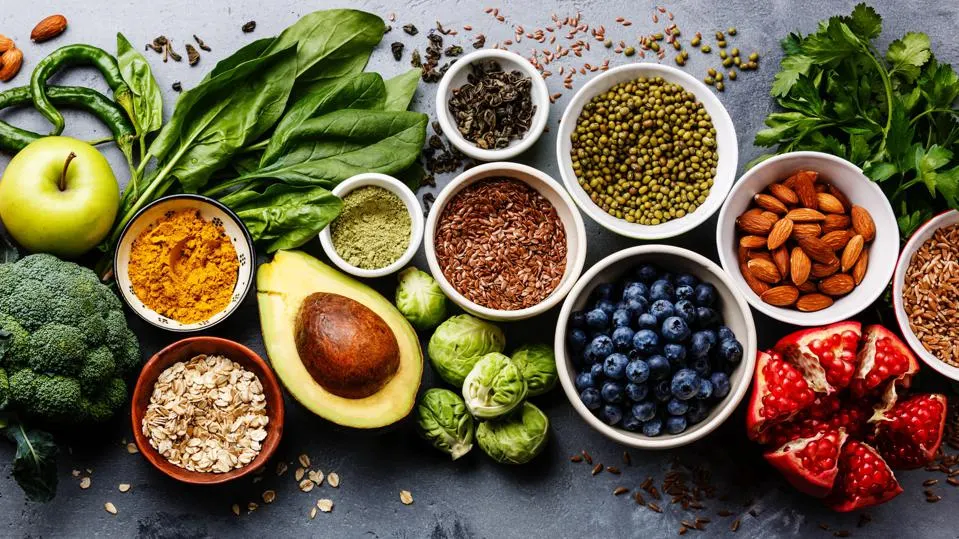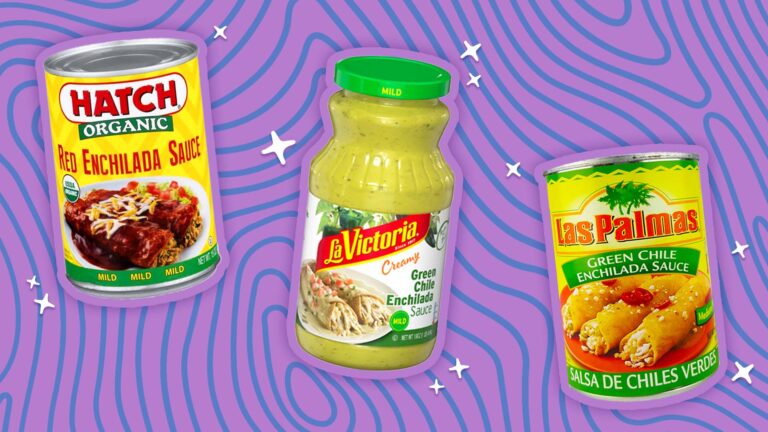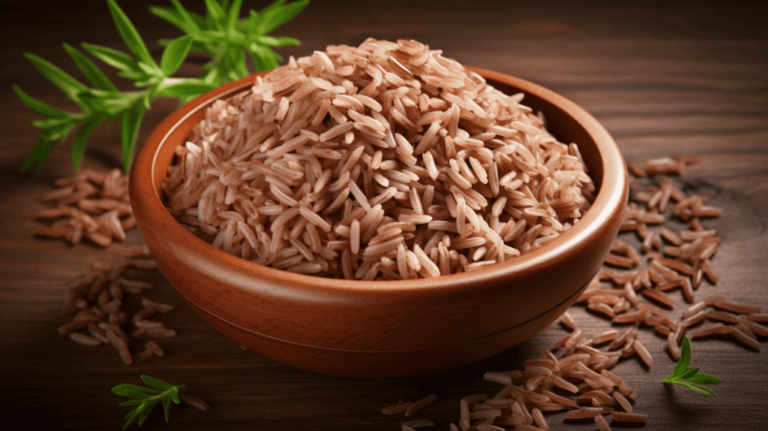Struggling with insomnia and anxiety can make gaining weight a challenging task. Many individuals facing these issues find that their appetite is affected, making it difficult to consume enough calories to achieve their weight gain goals. In this comprehensive guide, we’ll explore how specific high-calorie foods can help address insomnia and anxiety while supporting weight gain. We’ll cover the impact of diet on sleep and mood, provide a detailed list of beneficial high-calorie foods, and offer practical tips for incorporating these foods into your daily routine.
Understanding the Connection Between Diet, Insomnia, and Anxiety
1. The Role of Diet in Sleep and Mood
Diet plays a crucial role in managing insomnia and anxiety. Certain nutrients can influence neurotransmitter function, hormone regulation, and overall brain health, which are essential for proper sleep and mood stabilization. For instance, foods rich in magnesium, tryptophan, and omega-3 fatty acids are known to support sleep and reduce anxiety levels.
2. High-Calorie Foods for Weight Gain
For those looking to gain weight while managing insomnia and anxiety, incorporating high-calorie foods into the diet can be highly beneficial. These foods not only provide the necessary calories but also contain nutrients that support overall well-being and mental health.
List of High-Calorie Foods to Address Insomnia and Anxiety
1. Nuts and Seeds
Almonds
Almonds are a powerhouse of nutrients. They are high in healthy fats, protein, and magnesium, which can promote relaxation and improve sleep quality. A handful of almonds as a snack can provide a significant calorie boost.
Chia Seeds
Chia seeds are rich in omega-3 fatty acids, which are beneficial for brain health and can help reduce anxiety. They are also high in fiber and protein, making them an excellent choice for weight gain. Add chia seeds to smoothies, yogurt, or oatmeal for a calorie-dense meal.
Walnuts
Walnuts are another excellent source of omega-3 fatty acids and magnesium. They can help improve sleep and manage anxiety. They also offer a good amount of calories and healthy fats. Snack on walnuts or incorporate them into your meals for added calories.
2. Nut Butters
Peanut Butter
Peanut butter is a versatile high-calorie food that provides a good mix of protein, healthy fats, and carbohydrates. It’s also rich in magnesium, which can aid in reducing anxiety. Spread peanut butter on whole-grain bread, add it to smoothies, or use it as a dip for fruits.
Almond Butter
Almond butter is another nutrient-dense option. It contains healthy fats, protein, and magnesium, which can help with both weight gain and managing insomnia and anxiety. Use almond butter as a spread, in baking, or blended into smoothies.
3. Avocados
Avocados are a great source of healthy fats, vitamins, and minerals. They are high in calories and can help with weight gain. Their content of magnesium and B vitamins supports nerve function and may improve mood and sleep quality. Incorporate avocados into salads, sandwiches, or eat them plain with a sprinkle of salt.
4. Whole Grains
Quinoa
Quinoa is a high-protein grain that is also rich in magnesium and B vitamins. It provides a good amount of calories and can help with muscle repair and overall health. Use quinoa as a base for salads, side dishes, or main courses.
Oats
Oats are another excellent choice for high-calorie weight gain. They are rich in fiber, protein, and magnesium. Oats can be made into oatmeal, added to smoothies, or used in baking to increase calorie intake.
5. Dairy Products
Greek Yogurt
Greek yogurt is packed with protein and healthy fats, making it a great high-calorie food. It also contains probiotics that can support gut health and potentially improve mood and sleep. Choose full-fat Greek yogurt and top it with nuts, seeds, or fruits for added calories.
Cheese
Cheese is a calorie-dense food that provides healthy fats, protein, and calcium. It can be added to various dishes or eaten as a snack. Opt for varieties like cheddar, mozzarella, or cottage cheese to increase calorie intake effectively.
6. Healthy Oils
Olive Oil
Olive oil is rich in monounsaturated fats and calories. It can be used in cooking or drizzled over salads and vegetables. Olive oil not only helps with weight gain but also provides healthy fats that support overall health.
Coconut Oil
Coconut oil is another high-calorie oil that provides healthy fats. It can be used for cooking or added to smoothies and baked goods. Its medium-chain triglycerides (MCTs) can be quickly used for energy, supporting overall wellness.
7. Protein-Rich Foods
Lean Meats
Lean meats like chicken, turkey, and beef are excellent sources of protein and calories. They support muscle growth and repair, which is beneficial for weight gain. Include lean meats in your meals to boost calorie intake and overall nutrition.
Eggs
Eggs are nutrient-dense and provide a good balance of protein, fats, and calories. They are also rich in B vitamins, which can support energy levels and mood. Eat eggs in various ways—boiled, scrambled, or as an omelet—for a calorie boost.
8. High-Calorie Fruits
Bananas
Bananas are high in carbohydrates and calories. They also contain potassium, which can support nerve function and muscle health. Eat bananas as a snack or add them to smoothies, yogurt, or oatmeal.
Dates
Dates are very calorie-dense and rich in natural sugars, fiber, and various minerals. They can be eaten on their own or added to recipes to increase calorie intake. Dates also provide quick energy and can help manage anxiety.
9. Dark Chocolate
Dark chocolate is high in calories and contains antioxidants that can benefit mood and cognitive function. Choose varieties with a high cocoa content for maximum health benefits. Enjoy dark chocolate in moderation as a treat or add it to recipes.
Tips for Incorporating High-Calorie Foods into Your Diet
1. Plan Balanced Meals
Incorporate a variety of high-calorie foods into your meals to ensure you’re getting a good mix of nutrients. Include protein, healthy fats, and complex carbohydrates in each meal to support weight gain and overall health.
2. Snack Frequently
Eating smaller, calorie-dense snacks throughout the day can help increase your total calorie intake. Keep nuts, seeds, nut butters, and high-calorie fruits handy for quick and nutritious snacks.
3. Prepare Calorie-Rich Smoothies
Smoothies are an excellent way to consume high-calorie foods in an easy-to-digest format. Blend fruits, vegetables, yogurt, nuts, and seeds to create calorie-dense smoothies that can help with weight gain.
4. Use High-Calorie Ingredients in Cooking
Add high-calorie ingredients like olive oil, coconut oil, and nut butters to your cooking and baking. This can enhance the calorie content of your meals without significantly increasing portion sizes.
5. Monitor Portion Sizes
While focusing on high-calorie foods, be mindful of portion sizes to ensure that you’re meeting your caloric needs without feeling overly full or uncomfortable.
Conclusion
Managing insomnia and anxiety while aiming to gain weight can be challenging, but incorporating high-calorie foods into your diet can support both goals. By focusing on nutrient-dense foods like nuts, seeds, avocados, whole grains, dairy products, and lean meats, you can increase your calorie intake and support overall health. Additionally, understanding the connection between diet, sleep, and mood can help you make informed choices that enhance your well-being. Implement these tips and foods into your routine to effectively address insomnia, reduce anxiety, and achieve your weight gain objectives.













